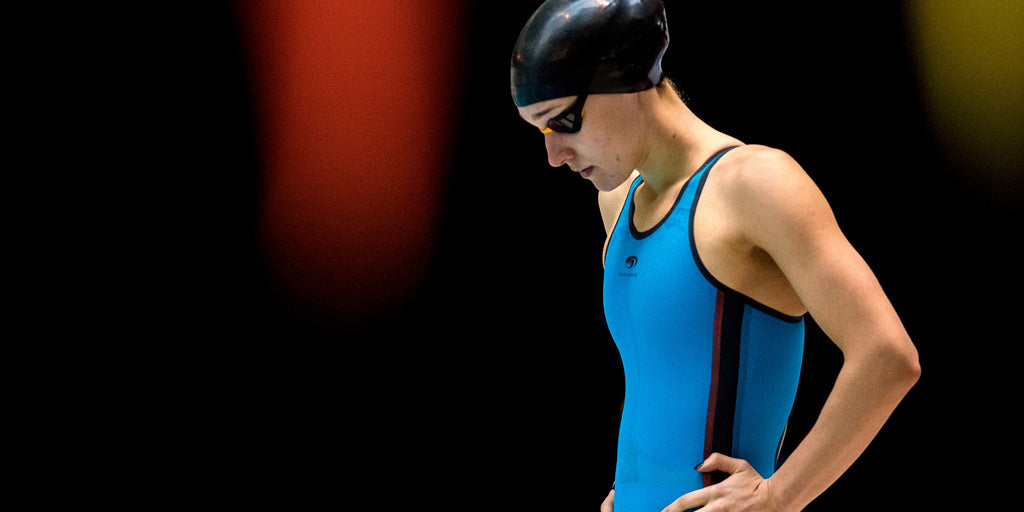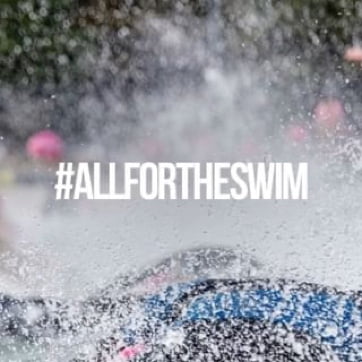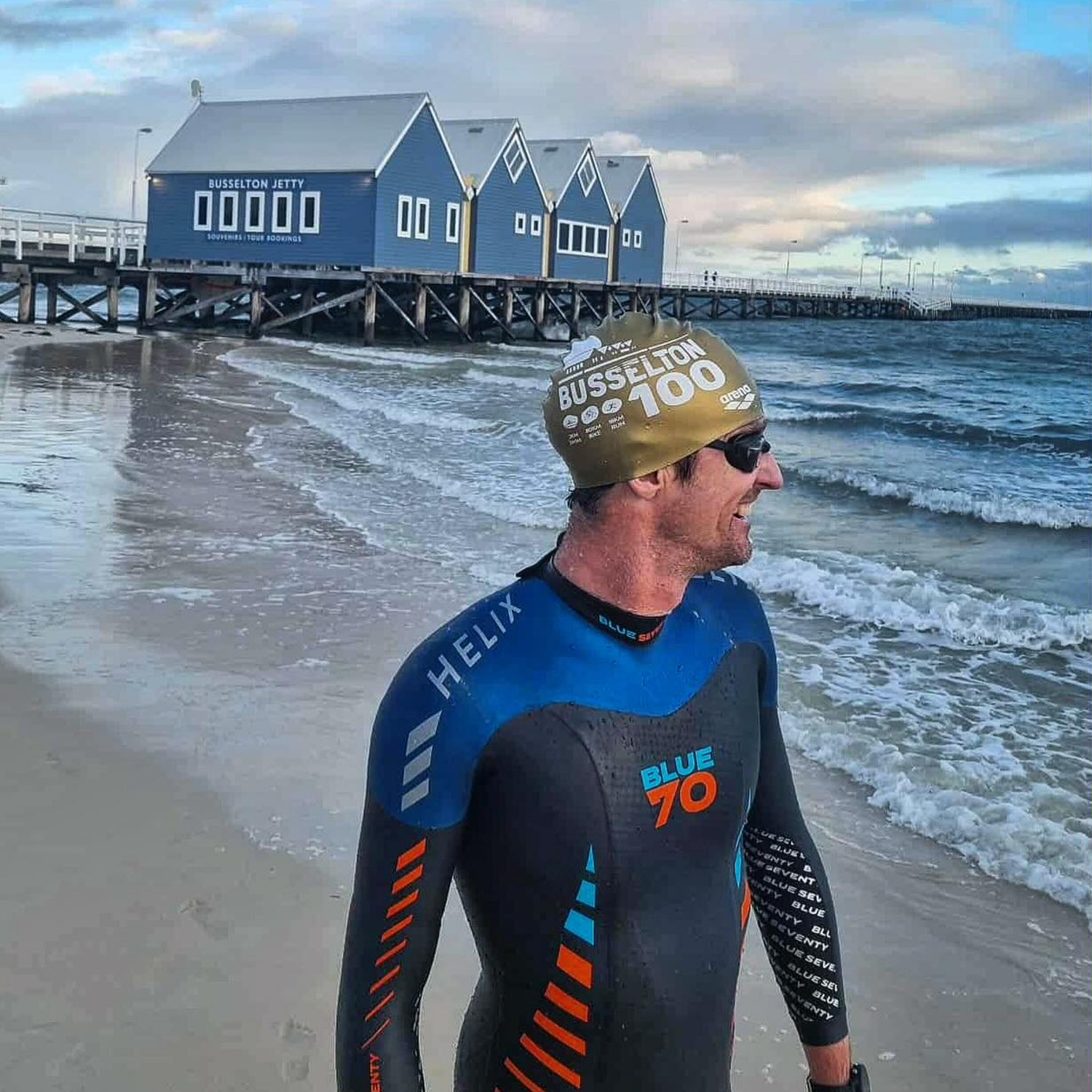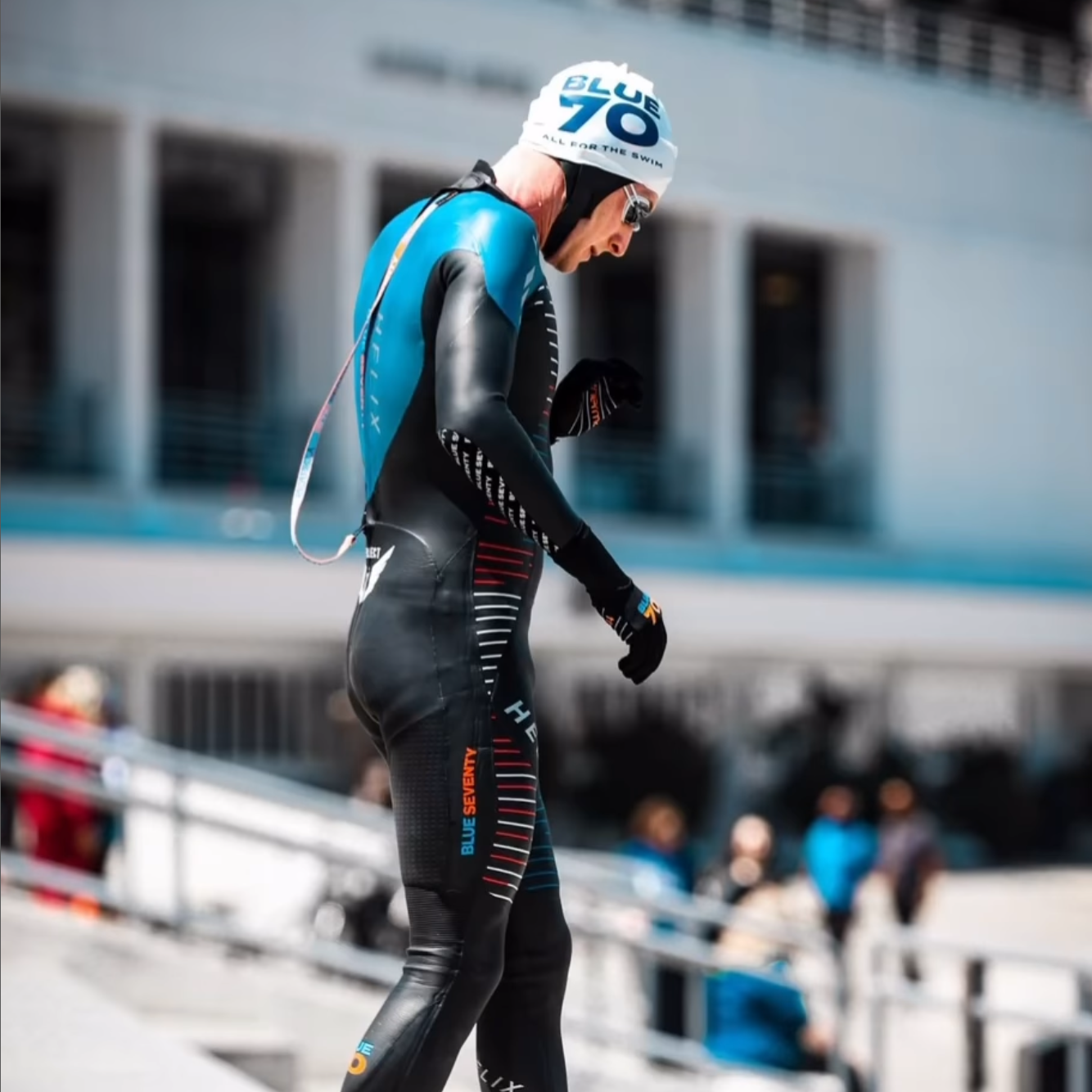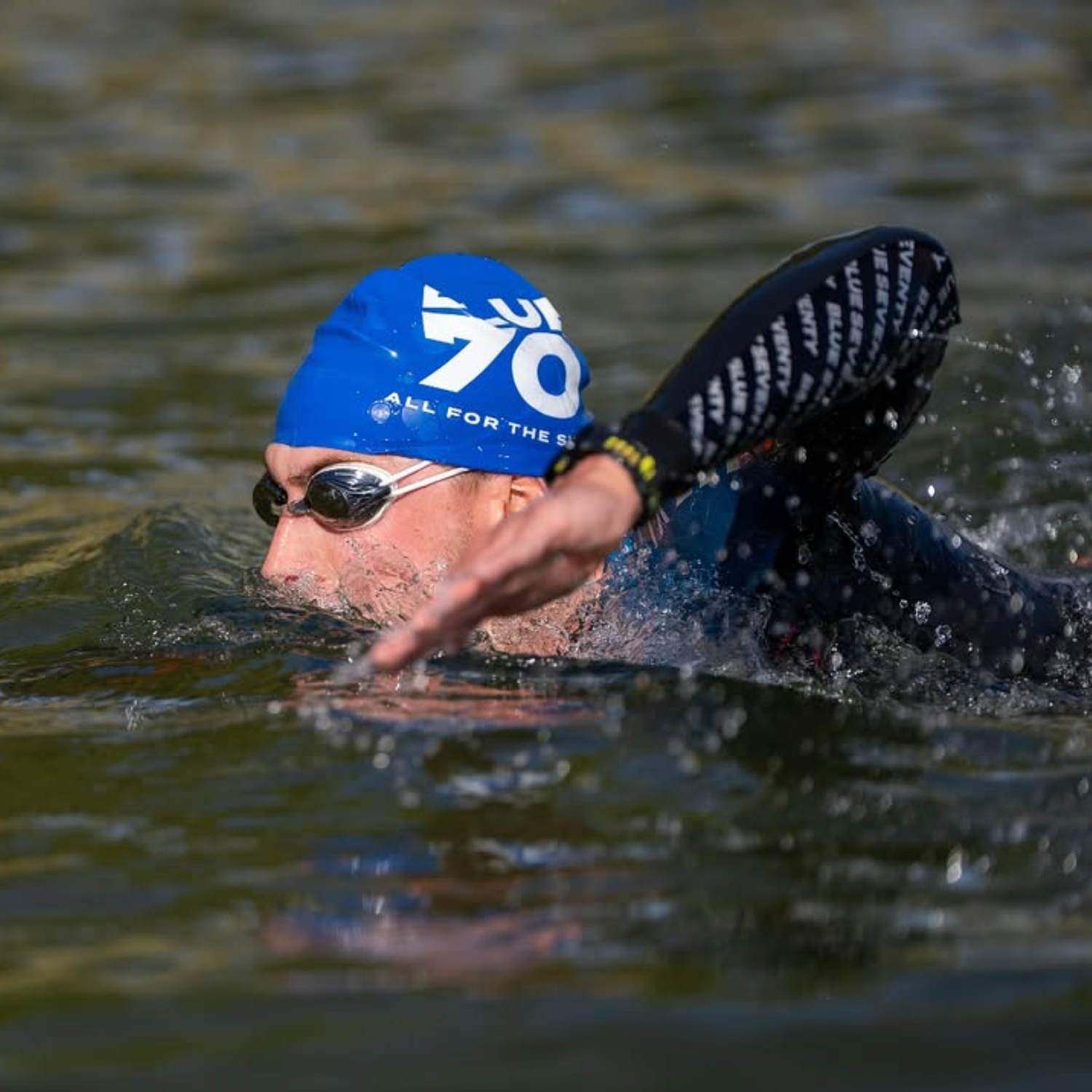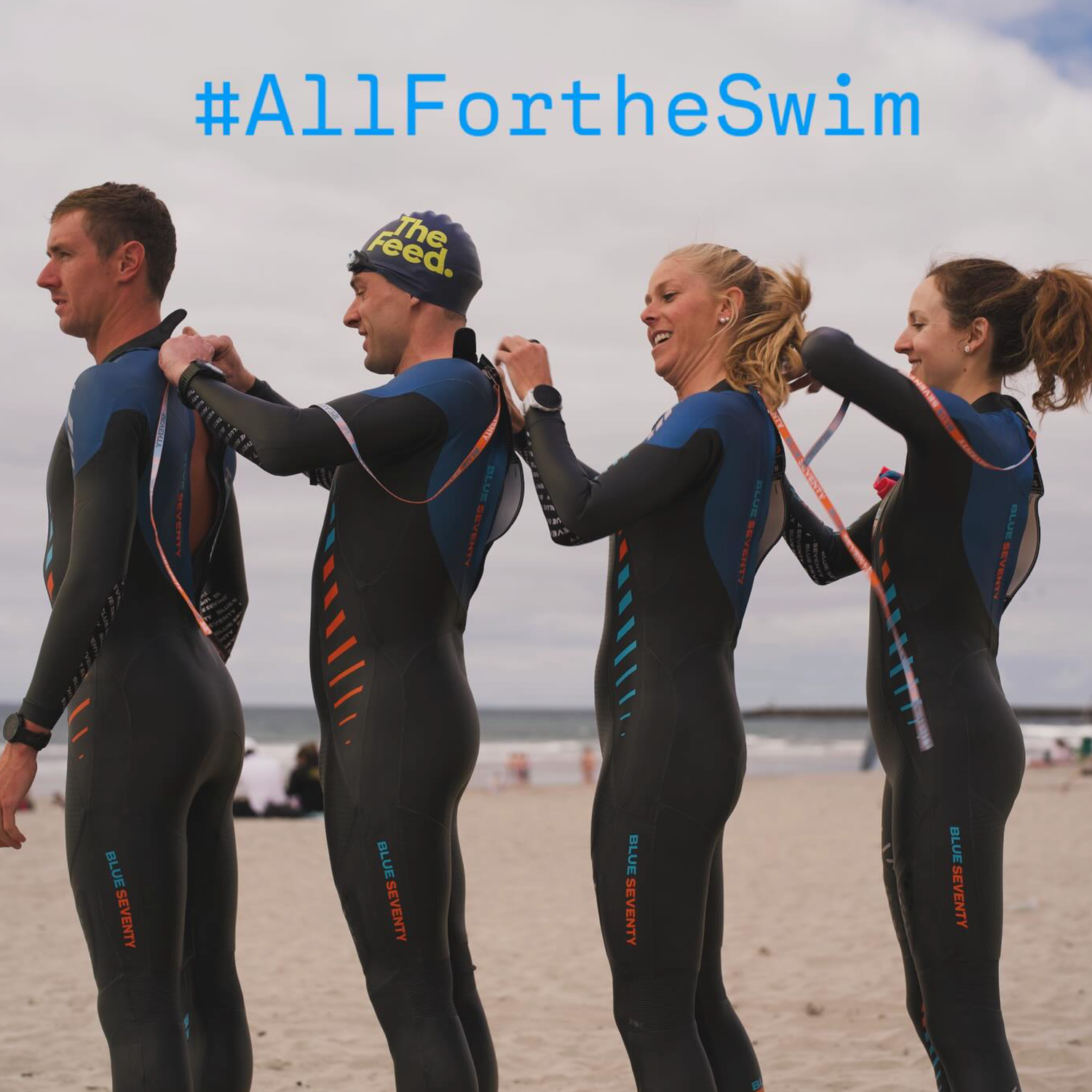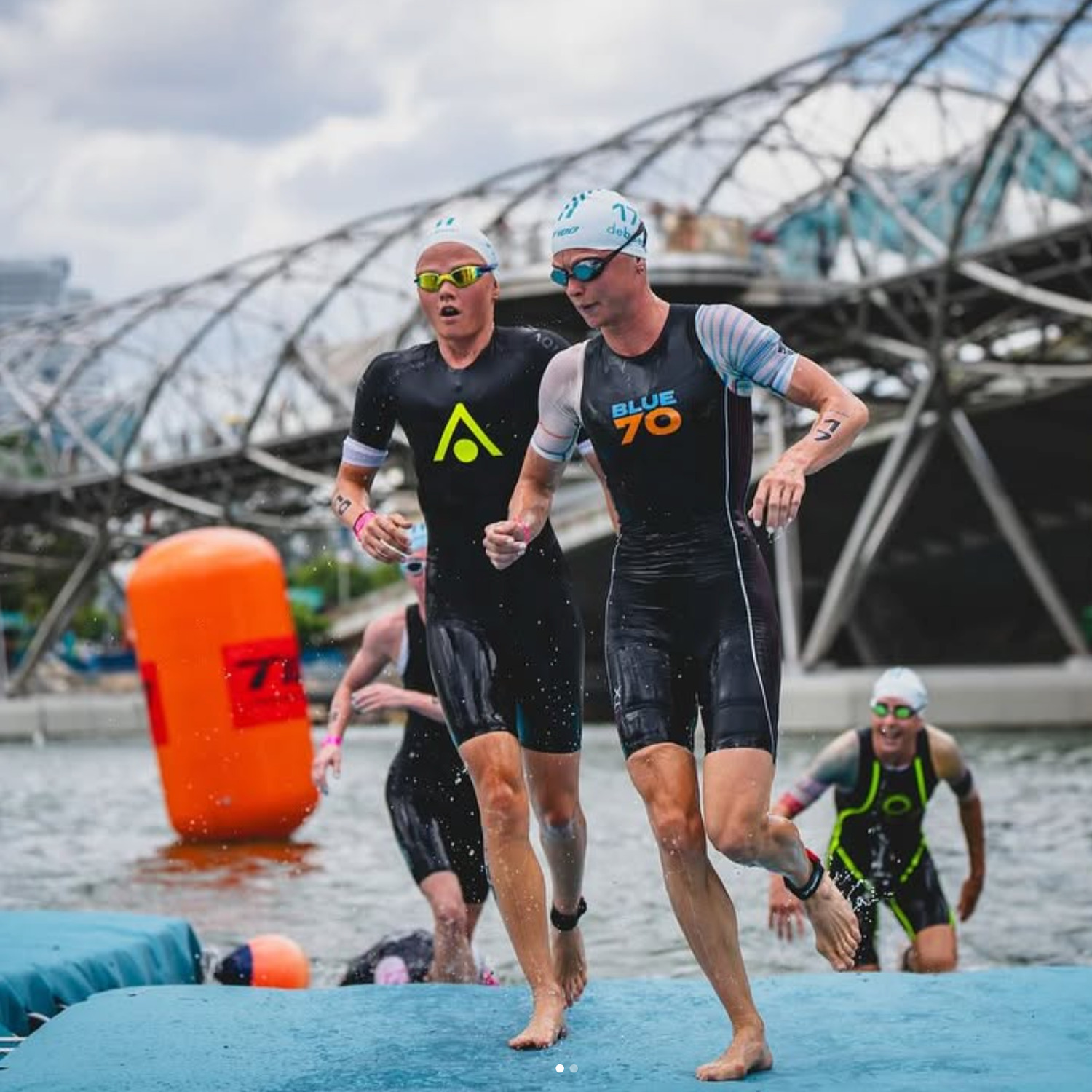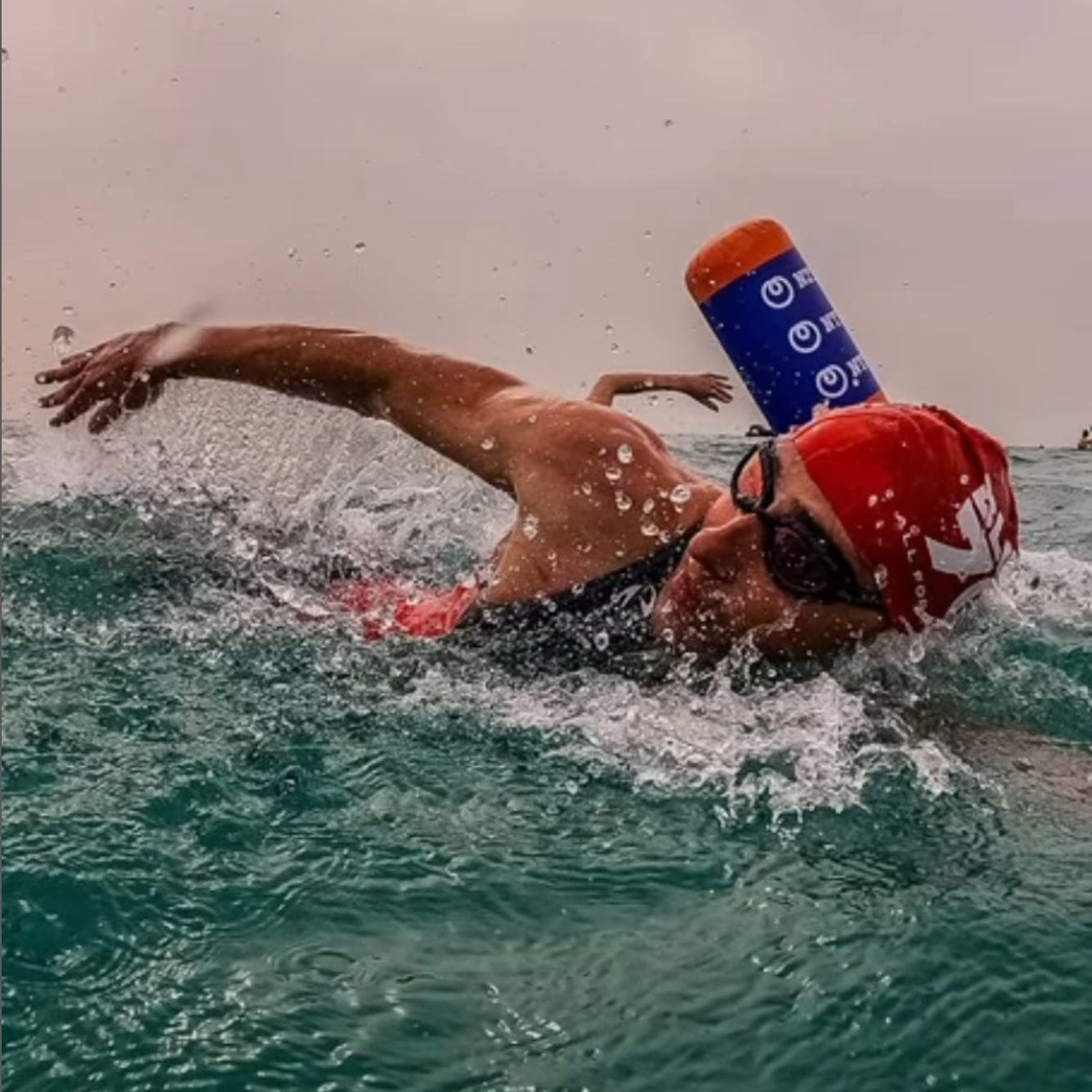In the previous post we explored the benefits of tapering, no matter the athlete or the sport. But what actually is taper? It’s an interesting topic to discuss because there isn’t one formula that works for all athletes or sports, and thus welcomes a wide variety of experimentation and tinkering by the athlete and coach. One taper formula that works great for your teammate might make you feel like a rock in the water at your big meet, which emphasizes the point of how individuals need to work towards the best solution for their own body and mind.
A taper can be divided into two categories: physical and mental. Below, we dive into perhaps the most underrated aspect: the mental challenges and benefits.
As much as the physical decrease in workouts during a taper is crucial, mastering the mental side of taper could be argued to be even more important to ensuring a successful taper and hence, a successful championship meet. Athletes need to practice having that killer instinct in high-pressure scenarios to be best prepared when they step up on the blocks for their race.
There are a lot of subjects that fall under the umbrella of mental taper, ranging from race visualization to planning your nutrition for a weekend of racing. It is easy to get too caught up in your own head leading up to a race. There is a fine line between overthinking and proper preparation for a race. Things will always come up that you can’t control and you have to be willing to stay flexible and relaxed in those situations. The best athletes will step up even under less than ideal circumstances.

Visualization
Race visualization is a key part of tapering. This includes planning out the exact strategy including the finest details such as where and when to breathe and how many fly kicks to take off of each wall. As the first day of competition approaches, an athlete should plan how far out from his race they want to arrive at the pool, what the stretching and foam rolling routine will be, what to do for warm up, what to eat and what playlist to listen to behind the block. To the average athlete, all of these things may sound tedious, but that’s exactly the point. When broken down and planned and practiced in advance, the pre-race routine will allow the athlete to focus on the important task ahead: the race.

Communication
Sometimes overlooked at the age group level, the importance of the relationship between a coach and an athlete should be established to open up a positive dialogue. It must be built on trust in each other in order to properly work. Oftentimes the athlete will need guidance from someone that can see the big picture and can either push the athlete to work harder in their preparation or hold the athlete back from pushing himself or herself too hard and overthinking before a race. Conversely, the coach doesn’t have that intimate knowledge of how an athlete’s muscles are feeling, how much sleep they got last night, school load, etc., unless there is constant conversation and feedback between the two parties. Behind every Olympic gold medal, there is a team of people that have helped guide the athlete’s mental preparation along the way. Even when things are seemingly going really well for an athlete, they may still decide that a change of pace and mental freshness in a coaching environment is needed for a long push in a new Olympic cycle.

Practice Makes Perfect
It’s important to note that it is crucial for all athletes to practice many of these aspects during normal in-season competitions. Just like you work on the physical preparation for a race in practice, an athlete must take the time to prepare mentally for their workouts and in-season meets throughout the year. When you’ve worked on something repeatedly in practice, it becomes second nature to execute it during a race.
At a certain level of sport, whether its Zones, Nationals or Olympic Trails, everyone who lines up is extremely fit and full of talent. The person who wins is usually the one that is the strongest between the ears.
Learn more: read part one of this blog series.
Written by Andrew Gyenis for blueseventy. A version of this was previously posted on the website Flo Swimming. Andrew is a former Stanford rower and U.S. junior national triathlete, who currently trains with Virginia's Machine Aquatics.


